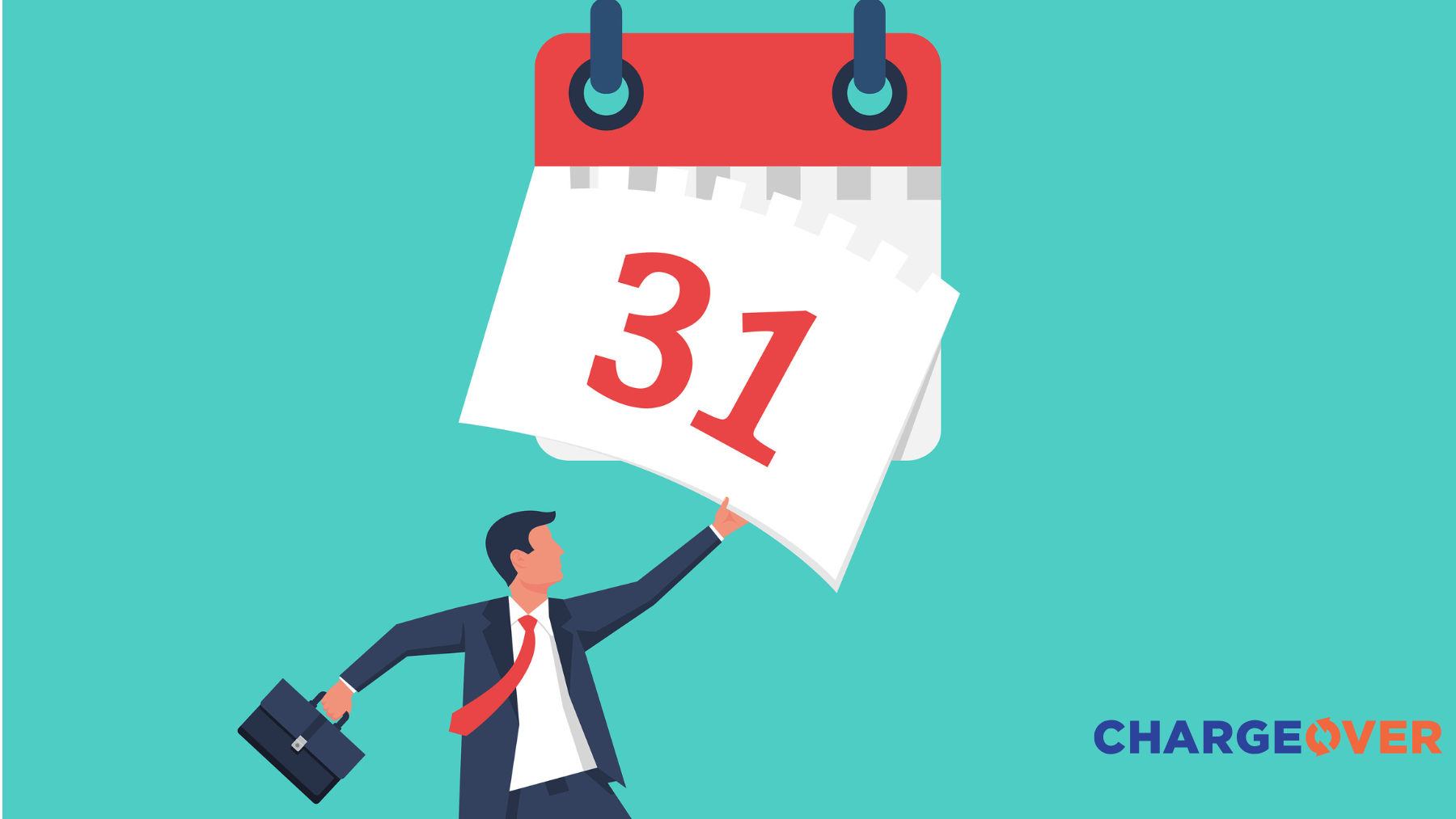For accountants working in legal services, managing billing and payments can be a time-consuming task. Following up on past-due invoices, keeping track of payments, and ensuring consistent cash flow requires significant administrative effort. In this article, we’ll explore how automated payment reminders and a well-structured dunning strategy can help reduce Days Sales Outstanding (DSO), improve client payment behaviors, and remove bottlenecks in the billing process, allowing your firm to scale more efficiently.
Automating Dunning to Reduce Days Sales Outstanding (DSO)
One of the most significant challenges for legal service accountants is chasing down late payments. Following up on past due client invoices requires time and resources, which can pull attention away from more strategic financial tasks. Having an automated dunning strategy is essential for reducing DSO and ensuring that overdue payments are addressed promptly and consistently.
Automated dunning systems are designed to send structured payment reminders at set intervals, ensuring that clients are regularly reminded of their outstanding invoices. By automating these reminders, your accounting team saves time and reduces the manual workload associated with following up on overdue accounts. Additionally, automation allows you to focus on maintaining cash flow without the constant need for manual intervention.
Consistent Payment Reminders Improve Client Compliance
Clients are more likely to pay their invoices on time when they receive regular, structured reminders. In many cases, late payments are not due to intentional delays but rather forgetfulness or administrative oversights. Clients are more likely to pay with consistent structure, and automated reminders ensure that they are regularly informed about their outstanding balances.
By integrating automated billing software with your payment systems, your firm can send out reminders based on predefined schedules—such as 7, 14, or 30 days past the due date—creating a consistent follow-up routine that keeps payments on track. This level of consistency helps clients manage their cash flow while encouraging timely payments, ultimately improving your firm’s financial stability.
Avoid Delivering Services to Non-Paying Clients
A common pain point in legal services is the risk of continuing to provide services to clients who are not current on their payments. Without clear visibility into payment statuses, it can be difficult to enforce payment terms, leading to financial strain and unpaid invoices accumulating over time.
By integrating your systems, you gain real-time visibility into which clients have outstanding invoices. This allows your team to make informed decisions about whether to continue providing services or to pause them until payments are brought up to date. Automated billing software platforms can send alerts or notifications when a client is past due, preventing the risk of delivering services to non-paying clients.
Removing the Bottleneck of Billing for Scalable Growth
As legal firms grow, so does the complexity of managing billing and payments. Manual billing processes can quickly become a bottleneck that slows down the firm's ability to scale. When accountants are busy chasing overdue payments, managing client accounts manually, or updating invoices by hand, there’s little time left for strategic financial planning or growth initiatives.
Removing the bottleneck of billing is critical to scalability, and automation is the key. By adopting an automated recurring billing platform, legal firms can streamline the entire billing process—from invoice generation to payment reminders—ensuring that the billing cycle runs smoothly and without unnecessary delays. This frees up accountants to focus on more high-value tasks and allows the firm to grow without being held back by administrative burdens.
Conclusion
For accountants in legal services, automating payment reminders and implementing an effective dunning strategy can drastically reduce administrative overhead while improving payment compliance from clients. By leveraging automated billing software, firms can reduce DSO, ensure timely payments, and prevent the provision of services to clients with overdue invoices. Furthermore, automation helps to remove the bottleneck of billing, allowing firms to scale more effectively without getting bogged down by manual processes.
Integrating your billing systems with automated dunning solutions is a proven way to enhance financial efficiency, improve cash flow, and create a scalable foundation for growth. Adopting an automated recurring billing platform or subscription billing system provides the necessary tools to streamline these processes and ensure that your legal firm can operate smoothly as it grows.
Transform Your Billing Experience
Your results are just the beginning. Learn how to optimize your billing and scale your success.
.png)

